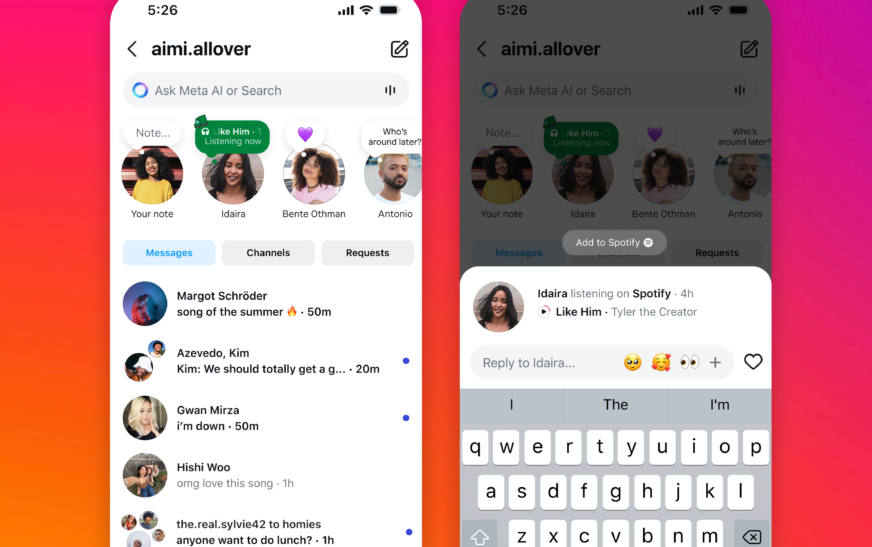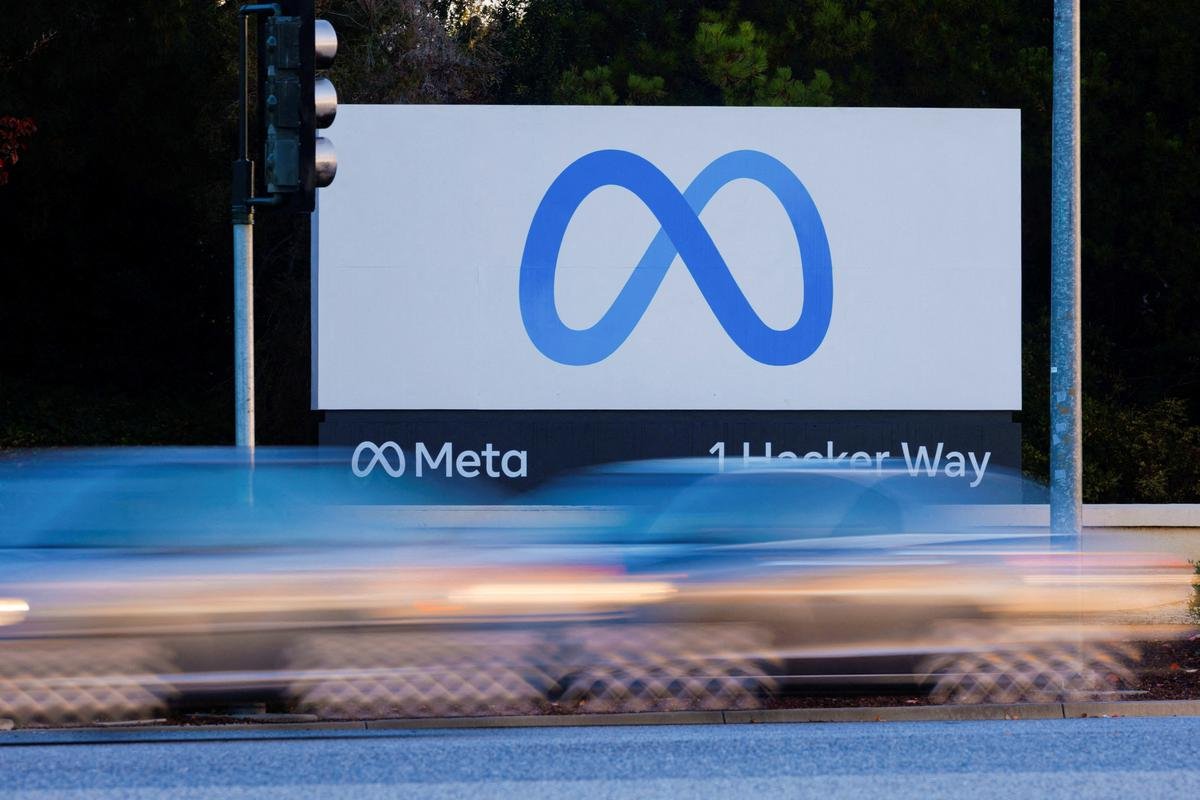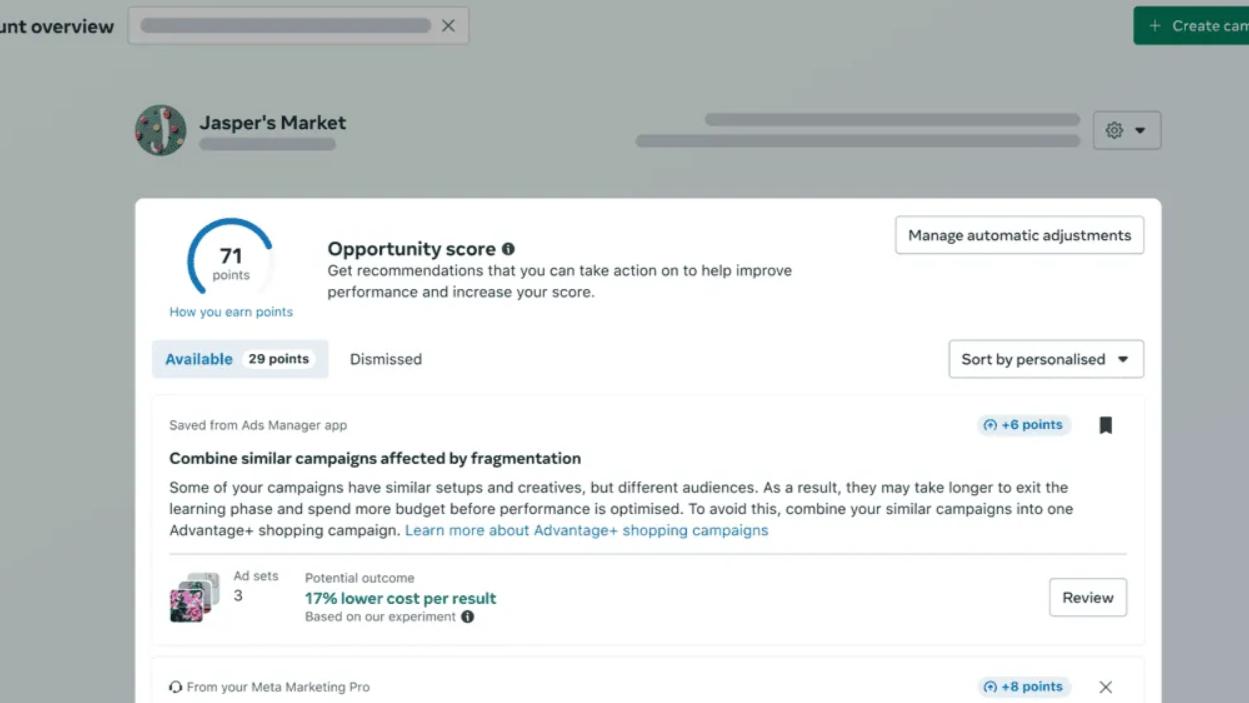In a significant move that signals growing concerns around AI misuse, Meta — the parent company of Facebook and Instagram — has filed a lawsuit against the developers of an AI app that allegedly generated non-consensual sexual images using photos scraped from its platforms. This marks one of the boldest legal steps taken by a tech giant against unethical AI tools, especially in the growing epidemic of deepfake pornography.
With generative AI becoming more powerful and accessible, AI-generated explicit content has become a pressing issue — one that impacts privacy, dignity, and safety. Meta’s lawsuit sets a precedent that could reshape how AI image generation apps are regulated in the future.
What the Lawsuit Is About
Meta’s legal complaint alleges that the unnamed AI app used automated scraping tools to collect images of individuals — often women — from Facebook and Instagram. These images were then processed through AI deepfake tools to create hyper-realistic, sexually explicit images without consent.
Key Allegations:
- Violation of Platform Policies: The app scraped Meta’s platforms in breach of terms of service.
- Privacy Violation: The app created sexually explicit content using people’s faces without consent.
- Distribution Harm: The app encouraged sharing, effectively fueling non-consensual distribution of AI-generated nudes.
The Technology Behind the Harm
The AI app reportedly used text-to-image generation models and face-swapping algorithms trained on real public content from social platforms. With tools like Stable Diffusion, DeepNude derivatives, and open-source deepfake libraries widely available, creating realistic adult content from innocent photos has never been easier.
This raises key ethical and technological concerns:
- AI image generation and abuse: Unregulated tools can easily be weaponized.
- Lack of consent in AI deepfakes: Victims often don’t know their likeness has been used.
- Anonymity of developers: Many such apps are built by shadowy developers in jurisdictions with weak data laws.
Meta’s lawsuit is not just a corporate reaction — it’s a step toward restoring trust and dignity in a digital world vulnerable to abuse.
Meta’s Legal Grounds and Objectives
The lawsuit is rooted in multiple legal claims, including:
- Breach of Terms of Use
- Computer Fraud and Abuse Act (CFAA) Violations
- Right of Publicity Violations
- Trademark Infringement and Brand Misuse
Meta stated that it aims to:
- Shut down the offending app
- Seek monetary damages
- Prevent future automated scraping and image manipulation
- Deter other developers from building unethical AI tools
The Rising Problem of AI-Generated Deepfake Pornography
The misuse of AI to create deepfake pornography is rising at an alarming rate. According to a 2024 report from the Cyber Civil Rights Initiative, over 95% of deepfakes online are non-consensual adult content — with women being the primary targets.
The Threat is Real:
- Celebrities and public figures are frequent victims
- Teenagers and everyday users have reported being targeted
- AI revenge porn is emerging as a serious cybercrime
What once required sophisticated skills can now be done with a smartphone and a few clicks. This democratization of AI tools, while beneficial in many ways, opens the floodgates for exploitation if left unchecked.
Meta’s Broader War on AI Abuse
Meta has been increasingly vocal about its commitment to AI safety and ethics. In recent years, the company has:
- Developed AI content detection systems
- Rolled out reporting tools for deepfake content
- Partnered with civil rights organizations to combat AI-based harassment
This lawsuit complements Meta’s existing measures and sends a message to rogue developers misusing AI to exploit its platforms and users.
Global Response & Legal Ramifications
Meta’s case is being watched closely by regulators, privacy advocates, and tech policy experts around the globe. If successful, this lawsuit could:
- Strengthen the legal framework around deepfakes
- Encourage other platforms to take similar action
- Influence global AI regulation discussions, particularly in the EU and U.S.
Governments are also stepping in. The UK Online Safety Act, India’s Digital India Bill, and the EU AI Act are already considering or including language targeting non-consensual AI content and deepfake abuse.
Ethical Implications of AI and Consent
Meta’s legal action also sparks a deeper societal debate: What does consent look like in an AI world?
Should public photos be used by AI models for any purpose? What level of opt-out should be offered? How do we distinguish between harmless creativity and harmful exploitation?
These questions highlight the urgent need for global AI ethics standards that prioritize:
- User consent
- Transparency
- Accountability for developers
Without these guardrails, AI risks becoming a tool not just of innovation, but of mass-scale harm.
Final Thoughts: Meta vs AI Exploitation – A Defining Moment
Meta’s lawsuit is a wake-up call for the AI ecosystem. As the boundaries between real and synthetic blur, protecting human dignity must remain at the core of innovation.
This legal move could signal a tipping point for how tech companies address AI misuse, especially in cases involving intimate content without consent.
For developers, brands, and users alike — the message is clear: with great AI power comes great responsibility.
Stay tuned to Addicapes.com for real-time updates on AI, technology ethics, legal battles in big tech, and more.













